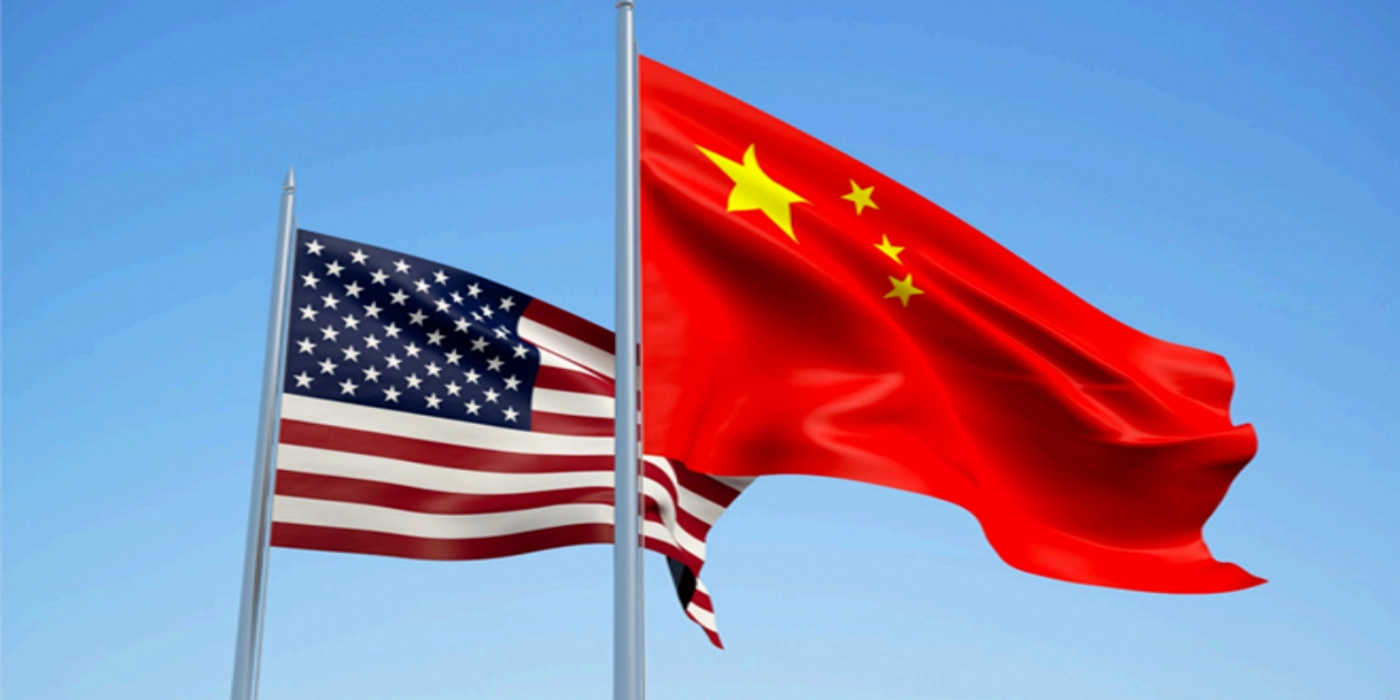China’s place in the world economy is not reflected in global stock market indices. It accounts for 18% of global GDP, but only 5% of the MSCI All-World index. As a result, many of the world’s largest investors, including pension funds and sovereign wealth funds, have relatively small exposures to Chinese equities, missing out on a large growth opportunity and an ability to diversify risk.
China is the world’s second-biggest stock market, and its economy will have parity with the US by the end of the decade. Bundling it into emerging market or Asia-ex-Japan investment strategies is no longer appropriate for a country and stock market with China’s credentials. It is time for global investors to recognize the country’s scale and complexity, consider it a separate asset class and dedicate more resources and funds to this market.
The US stock market’s success over the past decade is often attributed to its abundance of high-growth, new-economy sectors and stocks. China has its own domestic tech sector, which has dramatically changed the composition of its equity market over this same period. China’s financials sector has shrunk from nearly 35% of the MSCI China index in 2011 to just 14.5% today. Meanwhile, its consumer discretionary sector, dominated by Alibaba, has grown from 6.2% of the index to nearly 34% today. Tencent, in the communication services sector, has helped that sector increase its weight to 20.5% in the index.
China’s different market structure is also an opportunity. The domestic equity index is dominated by retail investors and can be an attractive venue for an active management strategy. Chinese companies also almost entirely derive their revenues and profits locally and rely on domestic customers.
While conventional approaches to investing will see China trade at a discount to the US for some years to come, we advocate lateral thinking. Our calculations show that MSCI China’s yearly earnings growth is expected to be in the high teens throughout 2021, 2022 and 2023. This is a steadier scenario than for the large developed markets of Japan and the US, with both seeing volatile earnings growth in this period and a sharp slowdown in 2023. Looking at 2023 in isolation, MSCI China is forecast to grow its earnings at 16.2%, the fastest even among other Asian markets including India, South Korea, Hong Kong, Singapore, Indonesia, the Philippines and Thailand.
It has also been encouraging that leading institutional investors in Chinese equities are acknowledging the progress the country is making in ESG best practices. This is the single-biggest area Chinese companies need to address to widen their shareholder registers.
Our long-term positive stance on Chinese equities does acknowledge there will be bumps along the road. Concerns of a resurgence in Covid-19 infections, headwinds on exports, and softening property investments on Beijing’s tightening measures could all mount downward pressure on the Chinese economy in the second half of the current year.
Yet, we believe it’s time that Western-run global equity investors set aside home country biases and caps on investments based on China’s weightage in emerging markets indices, and start expanding exposure to the country’s equity markets.
They should use current market weakness to increase China weighting from the current 5% levels. As the decade progresses, China allocations could gravitate towards a more meaningful 20% to reflect the country’s natural place in a new world order.
For a detailed view, read our full report.





